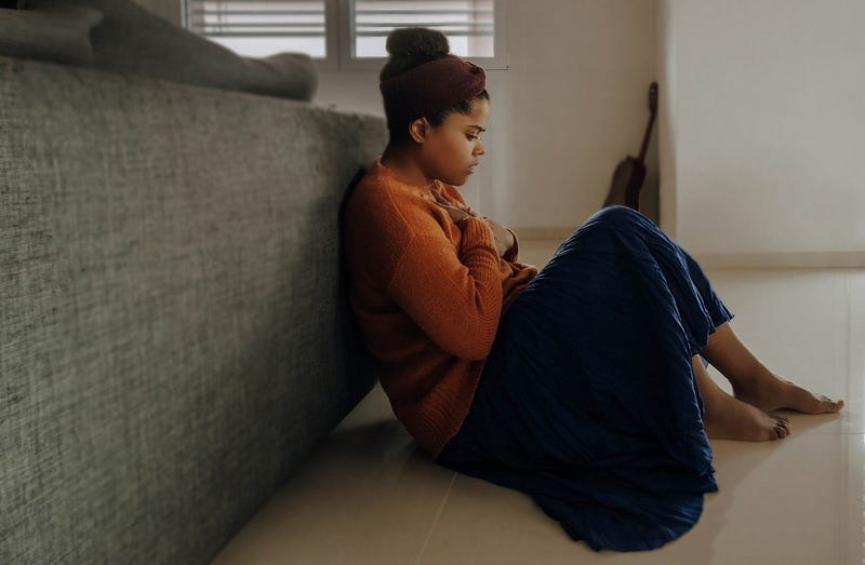Written by Dr. Subashini

Anxiety is a mental health condition that has become more common especially post-covid 19. When fear and worry are persistent and you have trouble focusing, and when you feel like you’re in danger even when there isn’t any danger, it becomes challenging to go to work or school, mingle with friends, or have a regular, fulfilling life.
But how does the experience of anxiety differ between younger (youths) and older people (middle age)?
Teenage phase ( 13-19 years)
This phase is where one undergoes puberty and they start to fear their physical change ,trying to fit into a group of friends and figure out who they are. During this phase ,the teenagers need the right guidance either from parents or teachers.
Teenagers may suffer from anxiety, which they show by withdrawing from others, eating poorly, and engaging in games to avoid facing challenges. They might share some biological symptoms to their close ones. For instance, a teenager might tell his mother that he is feeling raising heart rates, sweaty palm when he had to go out to participate in marathon ordained by his school or female may report experiencing limb weakness and choking anytime she must ascend a flight of stairs to give a speech.
Teenagers who are anxious may skip class or engage in dangerous or unhealthy behavior as a coping mechanism. Early middle age ( 35-44 years) This phase is where adults achieved most of their dreams . Is that right? Perhaps that’s the standard in society. But not everyone will enjoy it. We don’t accomplish anything depending on what others think of us.
Middle Age
We might dream of getting a fancy car by a certain age and that’s entirely fine. So during this phase, those in early middle age compare and compete with their relatives or friends to achieve some of their goals. It can be healthy as long as it doesn’t cause any anxiety symptoms and remains non-disturbing.
Some examples I have encountered: An engineer might complain about problems falling asleep and that he worries constantly about how he will pay his expenses and feed his family. A lab assistant may say that she has increased muscle tension and irritability due to relationship issues. There are many who experience anxiety at this age, trying to cope with consuming beverages containing alcohol or other types of stimulants.
What to Do?
Although not excluding other age groups, these 2 stages may have higher levels of anxiousness. However, this age group is able to comprehend the severity of the anxiety and the need for support in order to help them get over it and improve their quality of life. First, when one experiencing those symptoms
1. Acknowledge the symptoms
2. Try to talk to an expert (counselor, clinical psychologist) or family member who can listen, help, and support
3. Attend therapy sessions to manage the symptoms
4. See a psychiatrist for more severe symptoms
